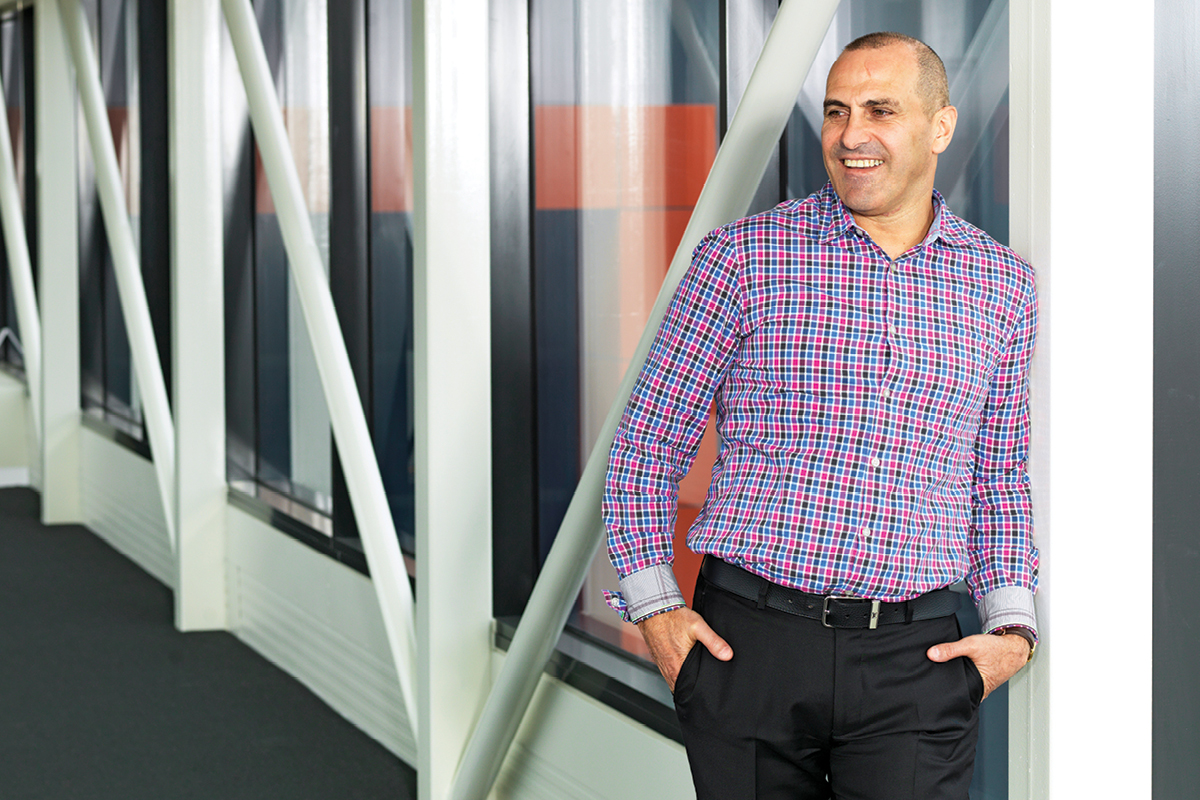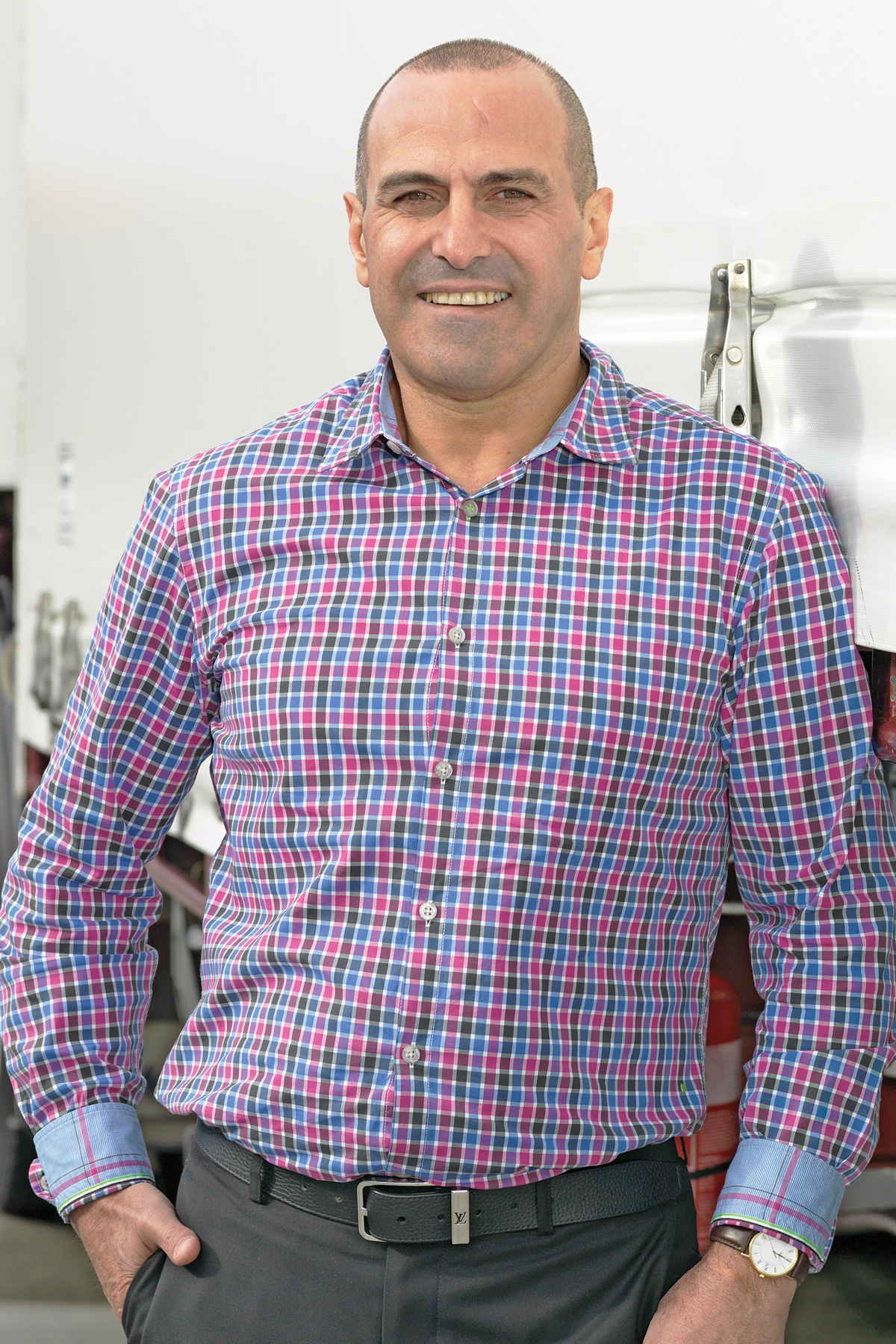In 1987, Muzi Eideh had just dutifully completed, what they called at the time, ‘a computer operator course’. Little did he know that, soon after, an opportunity would arise for him to purchase a small company with his brothers, which would later grow into a successful business with Muzi at its helm.
Muzi is today the CEO and Chairman of Bluestar Global Logistics, a global service provider that handles thousands of transactions daily, providing national door-to-door deliveries, international freight forwarding, 3PL warehousing and B2C home deliveries. Bluestar was first established in Melbourne and while it started as a local taxi truck business, it eventually extended its footprint to cover all of the major Australian cities.
More recently, it added cold logistics to its portfolio, which predominantly looks after general freight requirements, accommodating for anything in need of refrigeration, freezer-type transport and/or climate-controlled vehicles.
“We started the company with a lot of hope and ambition, and those two things got us to where we are today,” shares Muzi. “Seeing where the business is now, we feel really happy and excited.”
“We started the company with a lot of hope and ambition, and those two things got us to where we are today.”

Relationships are at the core of Bluestar, clearly reflected in its open-door policy and customer accessibility, which is founded on mutual trust. Bluestar has around 1,500 customers, with the first 100 of those providing around 80% of the revenue. The balance of the other customers is a lot smaller, and they vary in size, accounting for the other 20%.
“We learn a lot from our customers, so many of the changes we introduce are based on listening to our customers and understanding what they’re looking for. If they’re looking for something, I’m sure everyone else is looking for the same thing,” says Muzi. “If customers want something, they can reach me at any time. They can also get in touch with the COO, and they know the directors and line managers too. This way, the customer gets what they want as soon as they want it.”
Muzi recognises the benefits of having an efficient workforce, and that it can be challenging for any company to keep the best talent in the industry. However, when looking at the staff, Muzi can recognise many who have been with Bluestar for more than 20 years.
“People feel comfortable sharing their ideas on what they can do to improve the business. This environment provides for their wellbeing and everything they need in the workplace. It goes a long way towards making them feel at home,” says Muzi.
He notes that there are always new challenges, so it’s imperative to consistently add value to the company’s services. To evolve alongside shifting social technological trends, Bluestar has established its own IT division to manage continuous improvement in delivery efficiencies. Current GPS and tracking equipment increases the accuracy in customer reports, allowing dense data to be extracted and presented in a digestible format.

For Muzi, Bluestar’s main value is in the fact that it can import, clear, house, pick and deliver products for the customer. There are not many companies that can offer those end-to-end solutions. But despite consistently improving its services, Muzi ensures Bluestar’s prices stay constant. “We sometimes have new companies come in and offer rates we can’t compete with, putting pressure on our structure and personnel. But we always attract customers through our solutions, rather than just a price point.”
Thanks to the lessons he’s learned along the way, Muzi says he can see the company expanding and taking on more people in the future. He also has some sound advice for those who are trying to expand and grow their businesses as he has done.
“Don’t think you’re going to be one of the biggest in a very short time. Do your homework. Talk to as many people as you can in the field and don’t overcommit. The industry we’re in has a lot of challenges and you need to be prepared for things to not go according to plan,” he advises.


